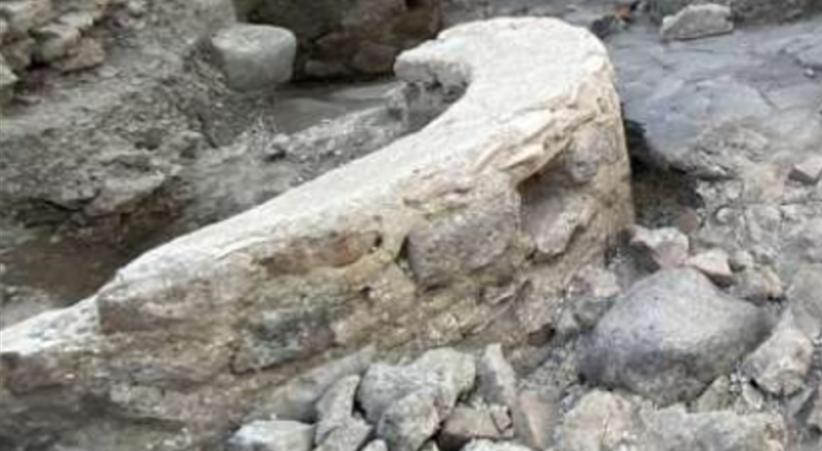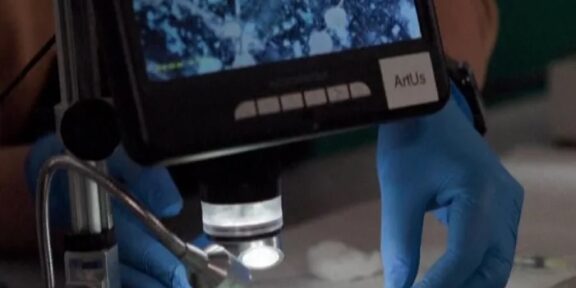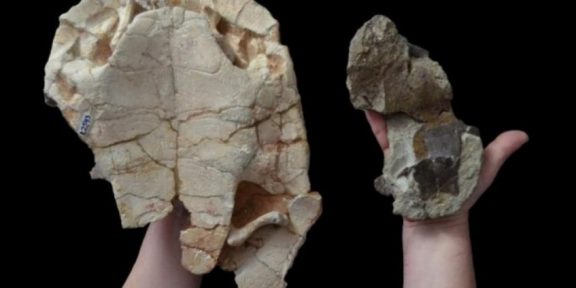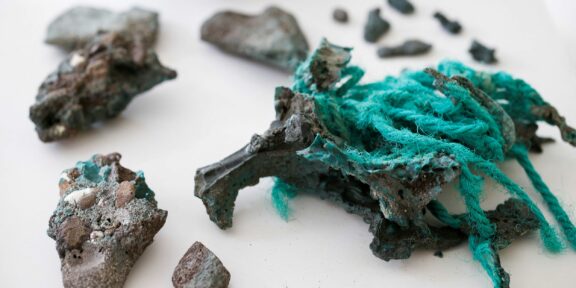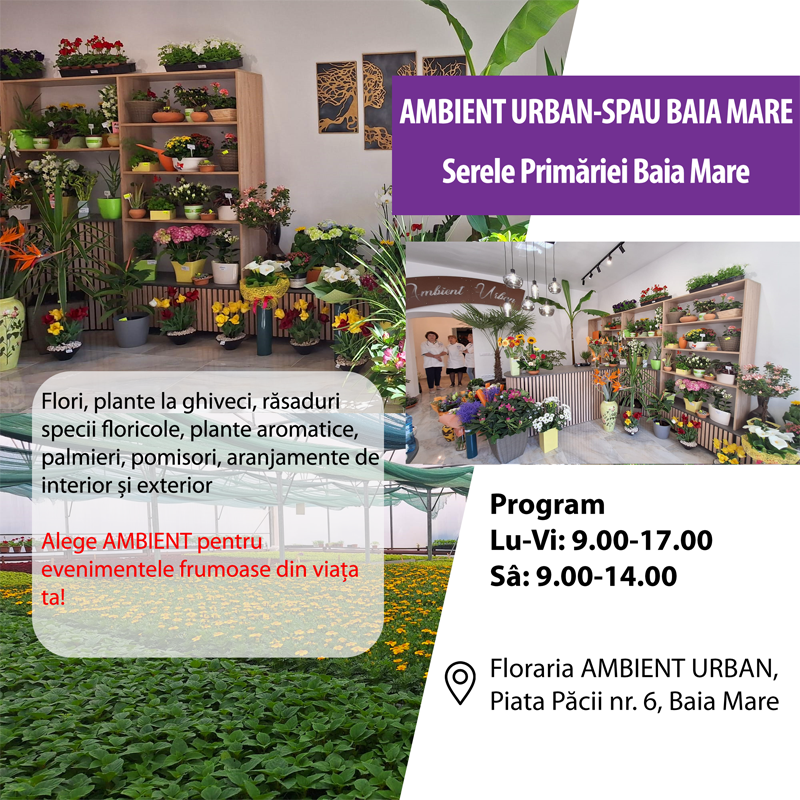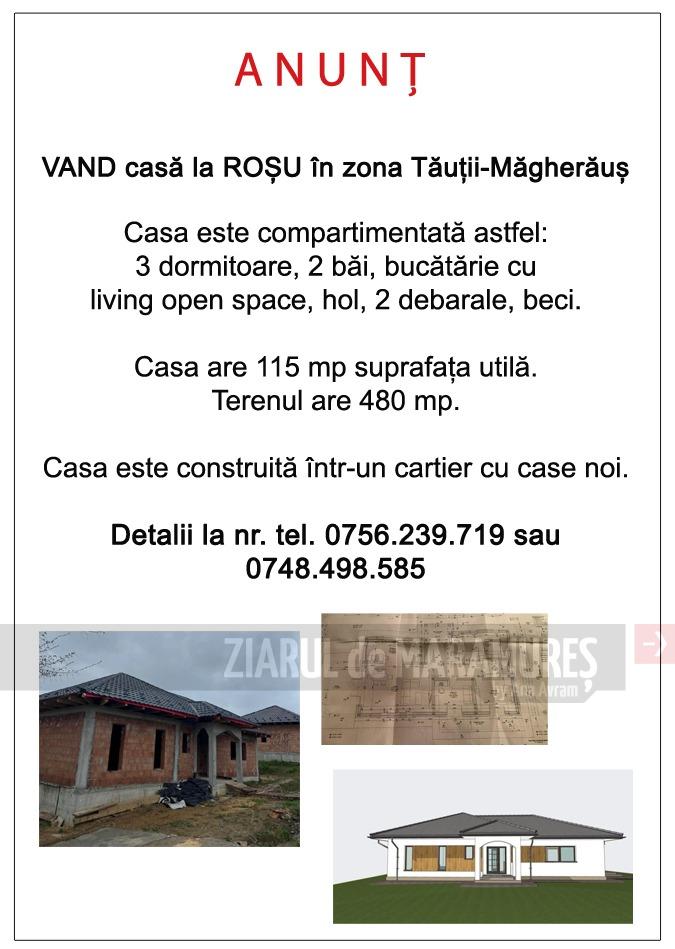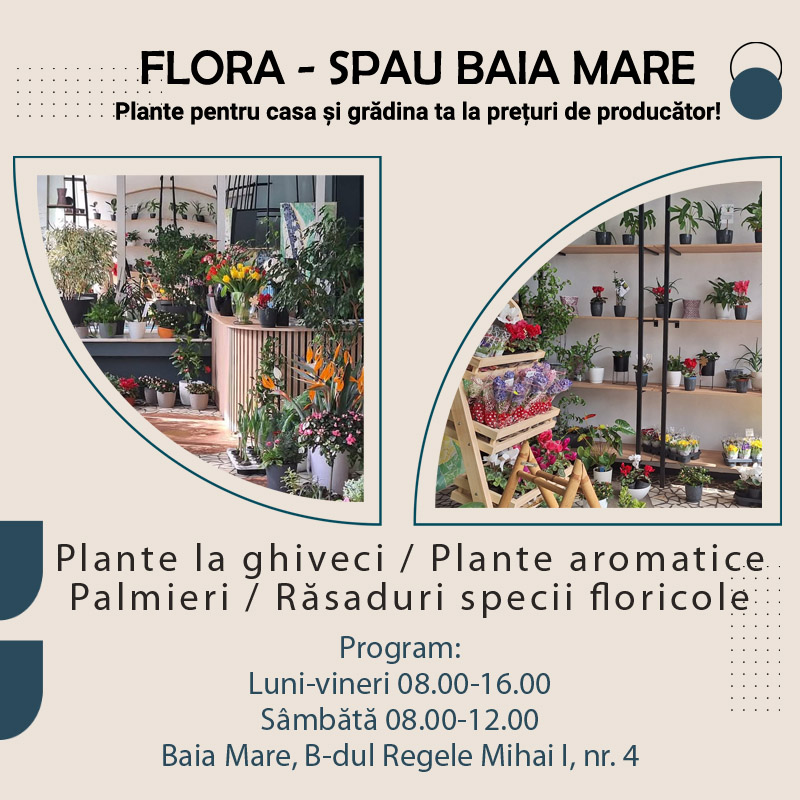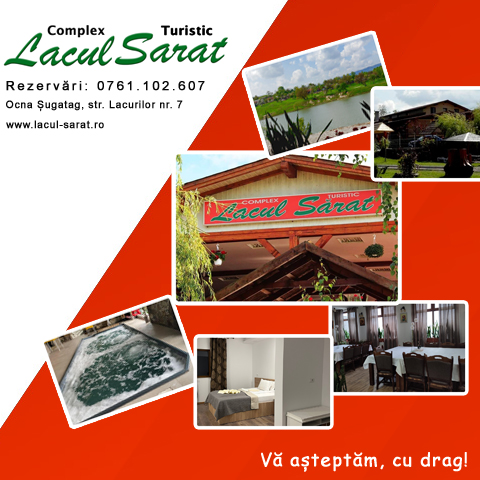O „brutărie-închisoare”, în care sclavii erau ţinuţi închişi şi obligaţi să producă pâine, a fost descoperită de arheologi în ruinele oraşului antic Pompeii, distrus în anul 79 d.Hr. de erupţia Muntelui Vezuviu, informează AFP și Agerpres.
Săpăturile, efectuate într-o casă, au scos la iveală „o incintă îngustă, fără vedere la exterior, dotată cu ferestre mici cu gratii de fier pentru a lăsa să intre lumina”, a anunţat într-un comunicat situl arheologic de lângă Napoli, în sudul Italiei.
Arheologii au ajuns la concluzia că locul era o „brutărie-închisoare, unde sclavii şi măgarii erau închişi şi exploataţi pentru a măcina cerealele necesare fabricării pâinii”.
Cercetările au dezvăluit, de asemenea, prezenţa unor … detalii aici-AGERPRES



